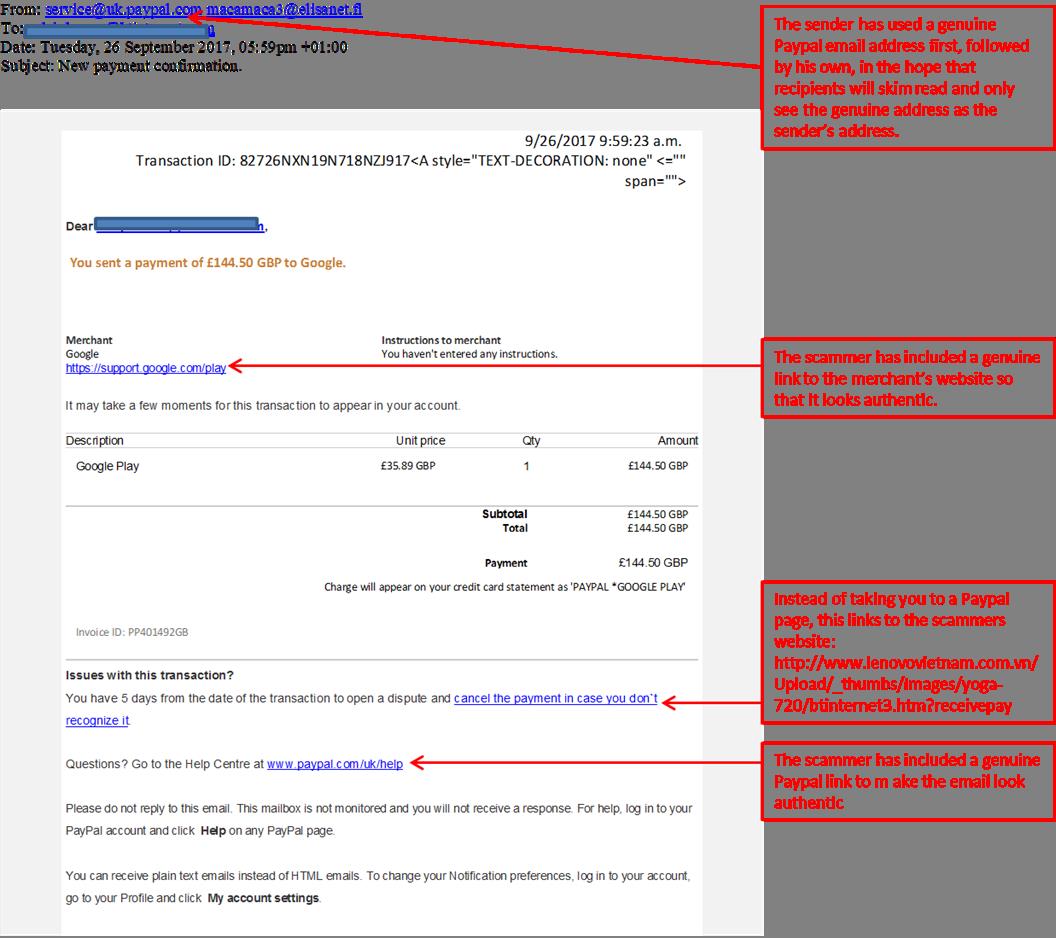A Widnes resident has received the scam email (attached), pretending to be from PayPal, which could easily catch people off guard. The first sender’s address is a genuine PayPal one, followed by the scammer’s email address.
People who skim read are likely to see the genuine address and read on having satisfied themselves that the message is from PayPal. The email contains a deliberate miscalculation of the invoice amount showing a massive over-charge (supposedly one item was bought for £35.89 whilst the total invoice amount is given as £144.50) which is intended to cause alarm to the sender, prompting them to click on the link to let PayPal know of their error.
See the text in red boxes for what are typical hallmarks of an email scam
Halton Borough Council’s Executive Board Member for Trading Standards, Cllr Dave Cargill, said: “We are calling on the public to be more aware of how they could be scammed, and to report it if they get caught out.
“With so many people being caught by scammers there is no reason to be embarrassed – and every reason to report incidents and help the authorities put a stop to it.
“Halton Trading Standards officers been working with people who have been caught out by scams – some have lost hundreds of pounds whilst others have lost tens of thousands.
“As well as losing money, being scammed has affected people’s health. One in three people said they had lost sleep and half said they felt embarrassed about being caught out by a scam. People talked about feeling swamped by the letters and intimidated by the number of cold calls. ”
If you want to talk to us about scams contact Linda or Sue on 0151 511 8785 or 0151 511 8775, who are already working with people in Halton who have lost thousands of pounds to scams. If you need advice on anything else please contact the Citizens Advice Consumer Helpline on 03454 04 05 06.


